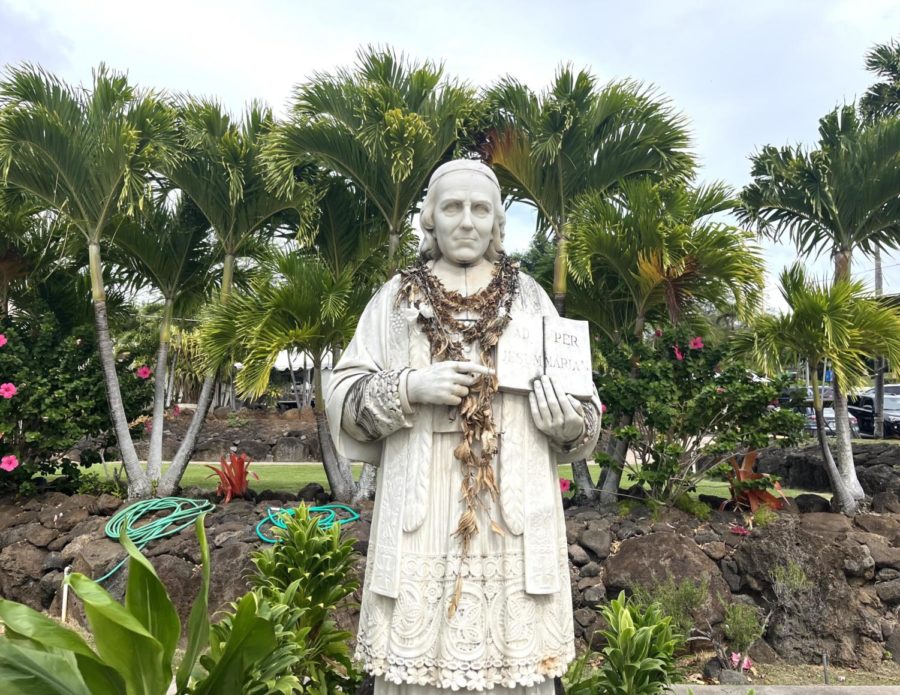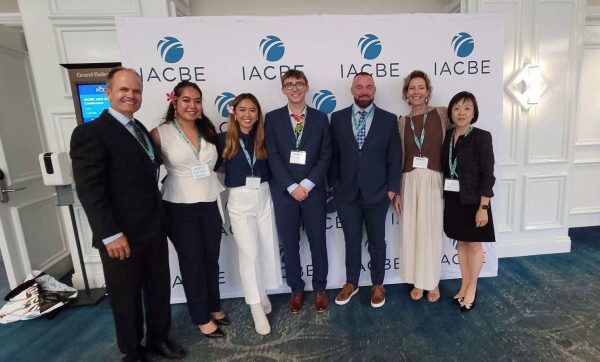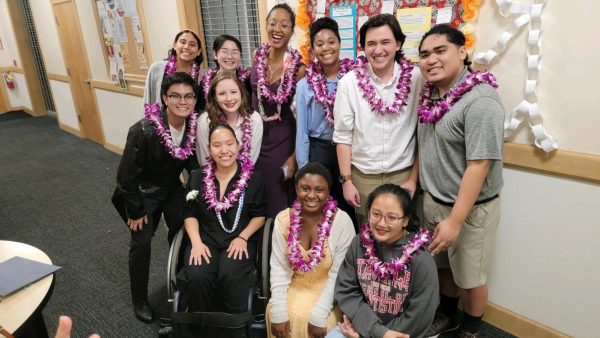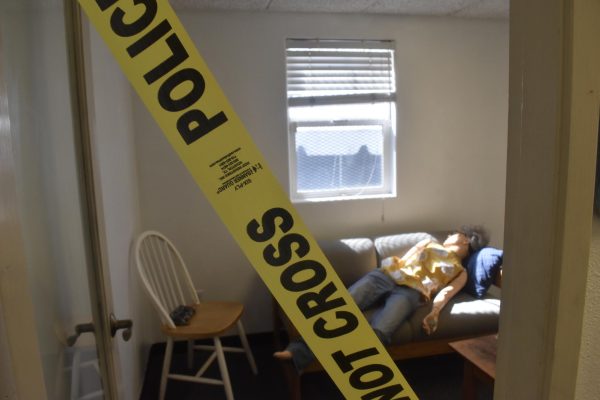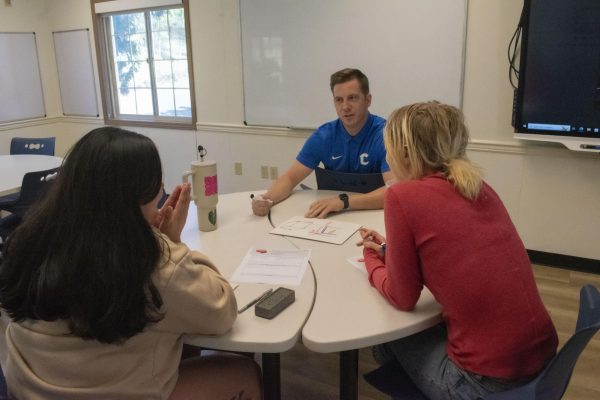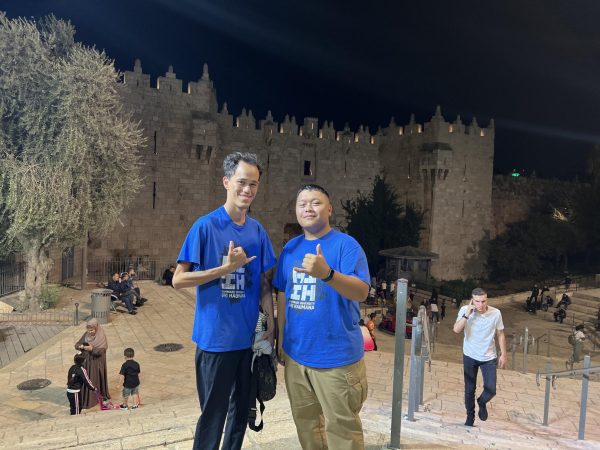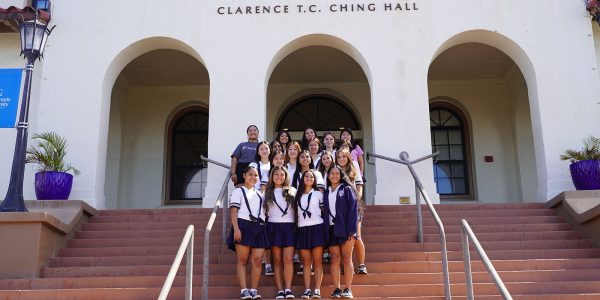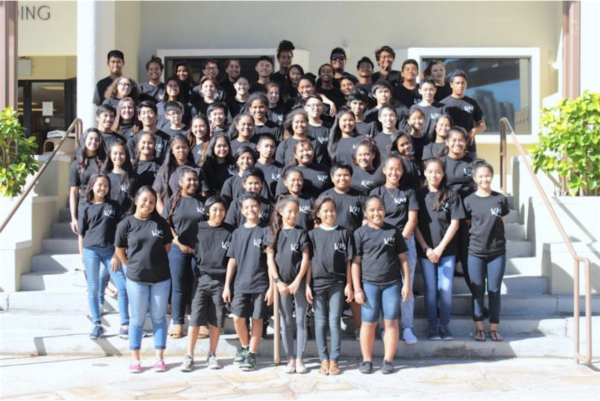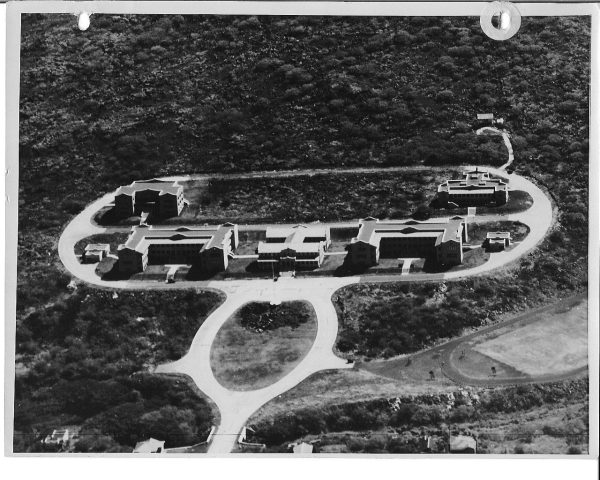Chaminade Finds Lack of Participation from Students in Ministry Activities
In a research study done in March 2022, it revealed that Gen Z is the least religious group in America’s history. That trend is being seen on Chaminade’s Marianist founded campus.
Religion is on a decline in a nation that is supposedly “under God,” per the United States Pledge of Allegiance.
In a study done by The Survey Center on American Life of the American Enterprise Institute in March, Gen Z (composed of individuals that were born in or after 1995) is the least religiously affiliated group in America’s history.
“I think that our generation is just becoming more aware of the church and are deciphering between things that they deem as holy or not,” said Alecza Abary, a fourth-year Environmental Science major. “I grew up in a religious family but as I got older I started noticing things within the church that I didn’t necessarily agree with or value. People do believe in God, or whoever their Gods are, but I think they’re just more spiritual rather than religious.”
The Chaminade University of Honolulu, a Marianist-founded Catholic private university, is finding this trend to be true on its own campus as there has been a lack of participation from its students in ministry activities.
On Oct. 7, the CUH Ministry hosted a lecture that discussed why there have been “empty churches”, a trend that is being seen that is impacting the whole Catholic church.
Not only have the students that have been interviewed said their personal preferences and thoughts of campus ministry, but CUH marketing students conducted a thorough study on the absence of attendance on campus.
Eight marketing majors conducted a research project for their class to explore why students are not attending Marianist events. Their aim was to provide recommendations to the CUH Ministry through their research to improve attendance.
Through the research the marketing group conducted, which lasted throughout the majority of the 2022 Fall semester, they were able to conclude that there were multiple reasons that led to Chaminade’s students’ lack of involvement with the Campus Ministry. These reasons became available through a multitude of research methods after surveying 105 students.
A few reasons that came up through their methods were the students’ lack of awareness of the events and who CUH ministry was, their lack of interest, and the overall program design in regards to an absence of incentives (food, free gifts, etc.).
“It just doesn’t interest me and I don’t really consider myself religious either,” said Patrick Renane, a junior Business major. “It has never really been something I’ve tried to pursue and it wasn’t forced on me. If they offered food that could be a good attraction. But other than that, it just doesn’t interest me.”
Another theme that came up was the timing of the events and the amount of time that students do not have to attend their events.
Kobe Young, a fourth-year Biochemistry major, agreed with these findings.
“Yeah, personally my schedule doesn’t really allow me to participate in any of those activities,” said Young, a senior on the men’s basketball team. “Most of that has to do with athletics and practice times. I’m also not an active participant in religion so that factors into it. I find myself more spiritual than anything.
Other findings that prevented students from participating in ministry events were the religious aspect of ministry, whether they come from different faiths, they are not religious, or what their perception of the Catholic church may be.
“We are here to help students engage all of life’s issues and wrestle through them from a perspective of spirituality and faith,” said Father Chris Wittmann, Chaminade’s campus minister. “While we come from a Catholic perspective, we are here to serve all students. We want to be able to invite people to deeper reflection on what is most important to them in life.”
